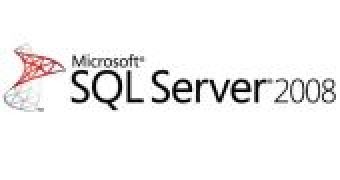SQL Server 2008 has made Microsoft one of the leaders in the Database Management Systems market, according to Forrester Research. In The Forrester Wave: Enterprise Database Management Systems, Q2 2009, released on June 30, 2009, Forrester analyst Noel Yuhanna indicated that Microsoft, along with Oracle and IBM DB2 for LUW were pack leaders. The market analysis company indicated that it was the past years' strong commitment to its data platform that had boosted Microsoft at the top of the Database Management Systems market, starting with SQL Server 2005 and continuing with the latest iteration of the product, SQL Server 2008.
A member of the SQL team indicated that “key findings in the report include: Microsoft has done extremely well with its overall current offering, with high scores in database programmability, security, availability, and application/data integration. SQL Server is known for its easy-to-use, simplified enterprise DBMS and for delivering the best price-performance for most business applications. Many enterprises like the breadth and depth of the packaged applications SQL Server supports across various industries.”
While praising, and for good reason, Microsoft's accomplishments on the Database Management Systems market, Forrester has made sure to also highlight the shortcomings of SQL Server 2008. In this regard, the example given is the lack of distributed caching and scale-out architectures. Still, Microsoft's data platform continues to evolve. The Redmond company is addressing even the specific issue that Forrester singled out with its codename Velocity project
“Analyst Noel Yuhanna acknowledges that Microsoft 'over the past three years has shown increasing focus and commitment to going after the enterprise market.' And that SQL Server 2008 has 'enabled Microsoft to take market share in moderately sized to large enterprises, delivering good performance, scalability, security, and availability functionality.' The report continues on to say that 'Five years ago, hardly any enterprises ran multi-terabyte databases with SQL Server to support critical applications. Today, hundreds of enterprises are running 10-terabyte and larger transactional SQL Server databases',” the SQL team representative added.

 14 DAY TRIAL //
14 DAY TRIAL //